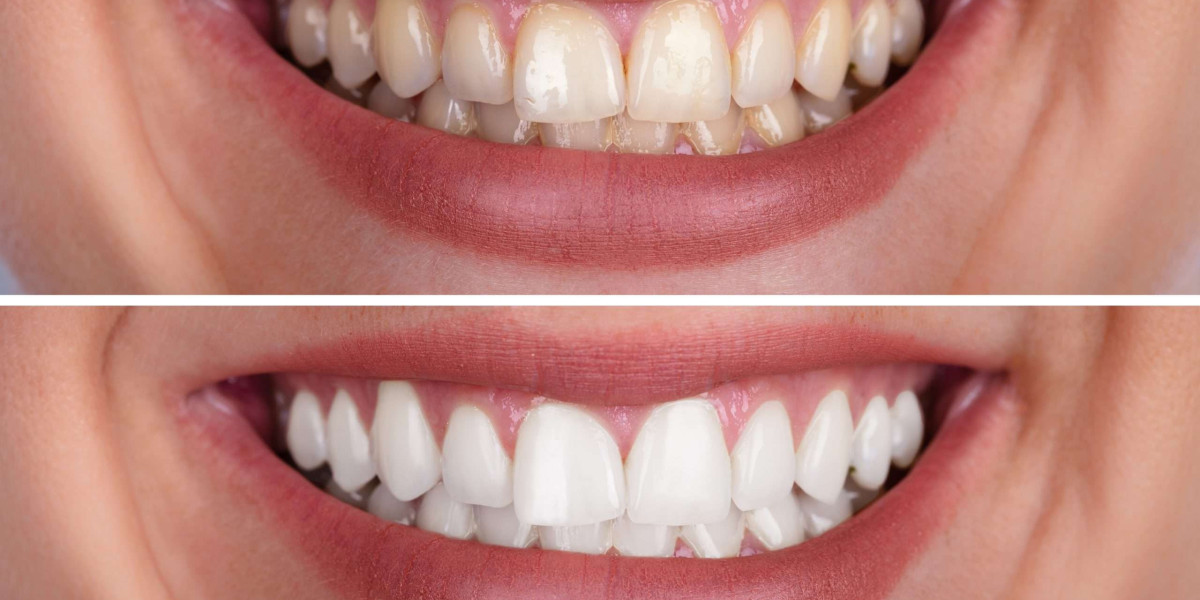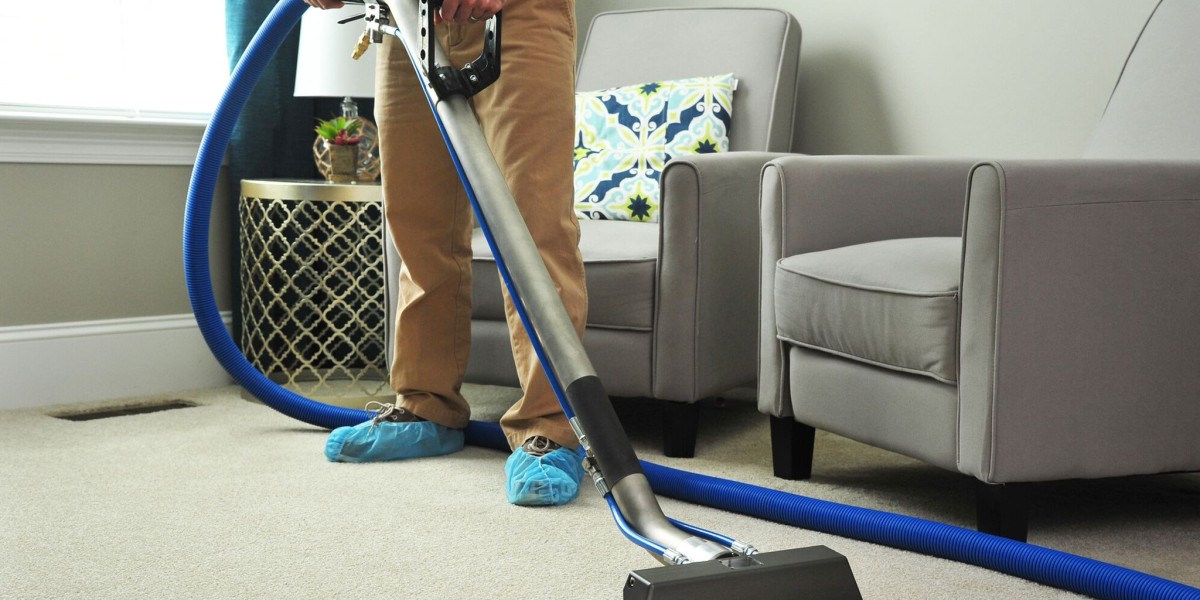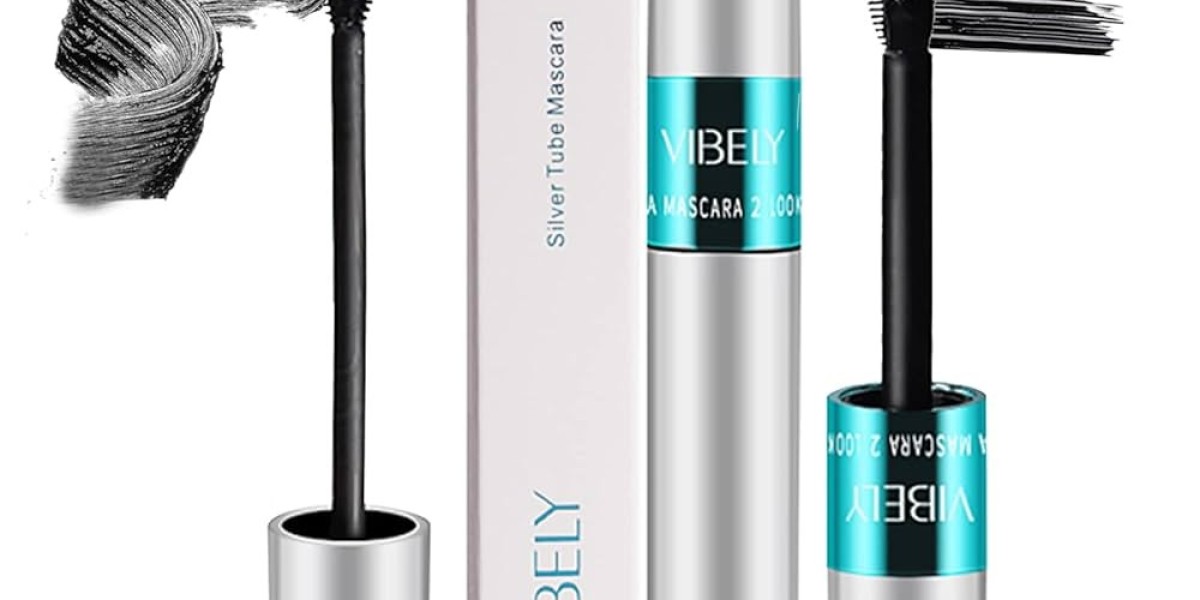Teeth whitening has become one of the most sought-after cosmetic dental treatments in the UK, offering patients a brighter, more confident smile. While many people focus solely on the transformation that results from whitening procedures, oral hygiene both before and after treatment plays an equally vital role. Without the foundation of strong oral care, whitening treatments may be less effective, short-lived, or uncomfortable.
Understanding what steps must be taken before undergoing a whitening procedure — and how to maintain those results after treatment — is key. This comprehensive guide explores the importance of oral hygiene throughout the whitening journey, offering patients in Telford and beyond practical advice to enjoy the benefits of treatment safely and for as long as possible.
Why Oral Hygiene Matters Before Whitening
Good oral hygiene is about much more than a glowing smile; it provides a healthy foundation for all dental procedures, including whitening. If patients neglect their oral care beforehand, issues such as gum inflammation, tartar build-up, or hidden cavities may undermine results. For instance, a patient who opts for teeth whitening Telford services without treating decay or ensuring professional cleaning could see uneven results or experience discomfort from exposed dentine.
Maintaining healthy teeth and gums ensures that whitening agents can penetrate evenly into the enamel. It prevents unexpected complications that could arise during treatment, such as heightened sensitivity or patchiness in colour. Essentially, whitening is not a substitute for oral health; it is an enhancement best suited to well-maintained teeth.
Pre-Whitening Oral Hygiene Routine
Patients seeking brighter smiles should pay close attention to oral routines in the weeks leading up to their treatment. This effort not only protects their teeth but also maximises results.
Brush at least twice daily using fluoride toothpaste, focusing on correct brushing techniques to reach all surfaces.
Floss or use interdental brushes daily to remove plaque between teeth where discolouration often lingers.
Rinse with an antibacterial mouthwash to control plaque and reduce gum irritation.
Developing these habits ensures that when the time comes for teeth whitening Telford treatment, the enamel surface is clean and ready to respond evenly to whitening agents.
Professional Cleaning Before Whitening
Prior to a whitening appointment, dentists often recommend a professional scale and polish. This treatment removes hardened tartar deposits and stubborn surface stains that even meticulous at-home routines cannot reach. The effect is twofold: not only does the cleaning start to lift the appearance of the smile, but it also prevents bacteria build-up that could reduce whitening efficiency.
If patients visit an emergency dentist in Telford due to discomfort or gum swelling, the issue should be resolved before treatment. Attempting whitening on compromised teeth can lead to heightened tooth sensitivity or complications that outweigh any cosmetic improvements. Ensuring a healthy mouth makes whitening safer and more predictable.
The Role of Diet Before Whitening
Diet significantly influences stain levels and oral health before any whitening procedure. Patients who consume excessive amounts of strong tea, coffee, or red wine may carry surface stains that must be polished away in advance. Reducing these drinks — as well as avoiding sugary snacks that promote plaque — gives whitening agents the best chance of success.
Balanced nutrition, particularly foods rich in calcium and vitamins, also strengthens teeth prior to treatment. A combination of a healthy diet and professional advice from a dentist ensures patients are adequately prepared.

After Whitening: Protecting Your Investment
Whitening treatment, whether achieved in-practice or via customised home kits, requires an investment of time and resources. Protecting these results through efficient oral hygiene not only guards against rapid discolouration but also supports long-term dental health. Patients often marvel at their new look following treatment, but the sustainability of these results depends on consistent aftercare.
Routine brushing, flossing, and rinsing remain non-negotiables. However, there are also specific habits to develop once whitening has been performed in order to extend its effects and keep teeth in good condition.
Post-Whitening Oral Hygiene Habits
After whitening, tooth enamel can temporarily become porous and more susceptible to staining. Establishing targeted care routines helps protect the smile for the long term.
Avoid dark-coloured drinks such as coffee, tea, and red wine in the first 48 hours following treatment.
Use a soft-bristle toothbrush to limit irritation of sensitive teeth.
Apply a remineralising toothpaste or serum recommended by your dentist to strengthen enamel and reduce sensitivity.
Dentists often recommend a follow-up visit to ensure patients respond well to whitening and maintain excellent hygiene standards. If sudden pain, sensitivity, or unexpected staining occurs, contacting an emergency dentist in Telford promptly ensures issues are addressed before they worsen.
Comparing Oral Hygiene Before and After Whitening
The priorities of oral hygiene shift slightly before and after whitening treatments. Beforehand, the focus is preparation; afterwards, the goal is maintenance.
Long-Term Maintenance and Lifestyle Choices
Teeth naturally accumulate stains over time, even with the most diligent routines. However, small lifestyle adjustments can make a significant difference. Using a straw when drinking soda, rinsing the mouth after meals, and limiting heavily pigmented foods are effective ways of reducing the likelihood of rapid re-staining.
Additionally, routine check-ups with dental professionals in Telford make it easier to spot early signs of staining or decay. These visits not only keep teeth strong but also provide opportunities to top-up whitening treatment safely when required.
When to Seek Professional Advice
There are instances when home care alone is not enough. Post-whitening, patients who encounter discomfort, gum problems, or significant sensitivity may need specialist help. An emergency dentist in Telford can provide immediate care while preventing further damage to sensitive enamel.
For long-term whitening success, patients should follow the personalised aftercare guidance given by their dentist rather than relying solely on general tips. Personalised care addresses unique oral health concerns and ensures whitening remains a safe cosmetic enhancement.
Video Link : https://vimeo.com/1063046166/a70ae26208?share=copy
Conclusion
The journey to a whiter smile is not complete without diligent oral hygiene. Proper care before whitening ensures treatments are effective, safe, and tailored to individual needs, while aftercare secures lasting results. Patients who incorporate strong oral hygiene routines will not only enjoy brighter teeth but a healthier mouth overall. For anyone considering teeth whitening Telford, understanding the role of oral care cannot be overstated. For trusted whitening and professional support, patients can turn to EDT.








